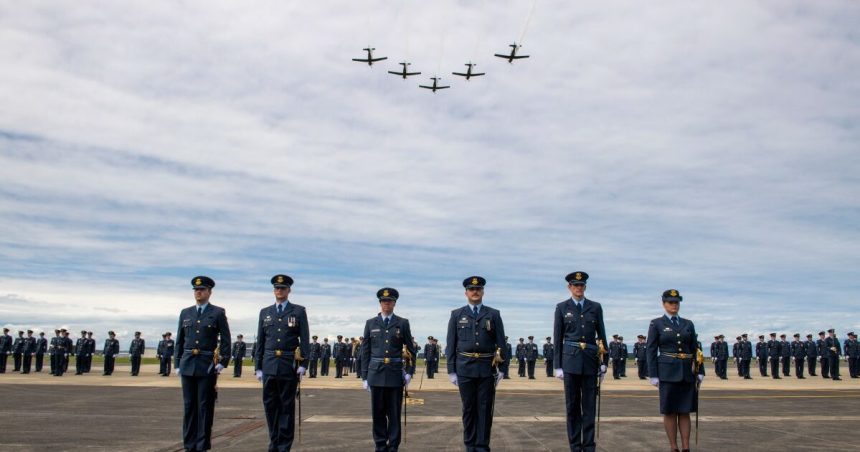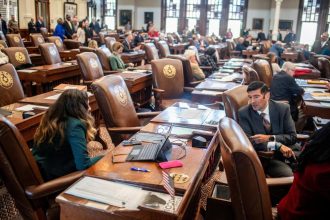A military court found a New Zealand soldier guilty of attempted espionage for a foreign power on Monday — the first spying conviction in the country’s history.
The soldier was caught offering to pass military base maps and photographs to an undercover officer posing as an agent for a foreign nation, the court-martial heard.
The man’s name, the country he attempted to spy for and the name of the undercover officer who snared him were all suppressed by the court.
The serviceman wiped away tears as evidence was recounted against him, with close relatives present in court to give support.
His wife also wept, while his father repeatedly leaned forward, his head in his hands.
The soldier was the first person to be convicted of spying by a New Zealand court and only the second to be tried after a former public servant was acquitted of espionage in 1975.
He admitted to attempted espionage, accessing a computer system for a dishonest purpose, and knowingly possessing an objectionable publication.
The man had copies of a livestreamed video of the March 2019 killing of 51 worshippers at two mosques in Christchurch by white supremacist Brenton Tarrant.
The soldier became a person of interest in the aftermath of the Christchurch attack as police cracked down on right-wing extremist groups, the court heard.
While monitoring him, the New Zealand government became aware he had “made contact with a third party, indicating that he was a soldier who wanted to defect”, according to an agreed summary read out by the prosecution.
An undercover officer then made contact with the would-be spy, claiming to be from that foreign nation.
The soldier said he could provide “mapping and photographs, and he could get a covert device into Army Headquarters”, the court heard.
He provided telephone directories of several military camps, including information classified as restricted.
The man offered an assessment of vulnerabilities at Linton Military Camp, as well as access codes and information that would allow for unauthorised access to the camp and nearby Ohakea Air Base, the court heard.
During a search of the man’s house, service ammunition was found, as was a computer drive containing a video recording of the Christchurch mosque shooting, and the manifesto of the shooter.
In an affidavit written by the soldier and read out by his lawyer in court, he admitted to being a member of extremist groups Action Zealandia and the Dominion Movement.
“Both groups were a positive experience for me,” he said.
He said members never got involved in any untoward activity, and they were “not terrorist groups”.
“I’m a proud New Zealander.”
The soldier said he understood why members of those groups were investigated in the wake of the Christchurch mosque shootings, but said he did not condone the attack and found it “shocking”.
He accused investigators of being “aggressive” and “violent”, and said he was interviewed in a “very confrontational way”.
“All I wanted to do was leave New Zealand and get to what I thought was safety. That was my only motivation.”
The court-martial was before a panel of three senior military officials and a judge, and was expected to run for at least two days.
The court accepted the soldier’s guilty plea, but the hearing continued to allow the panel to determine a sentence, which was expected within days.









